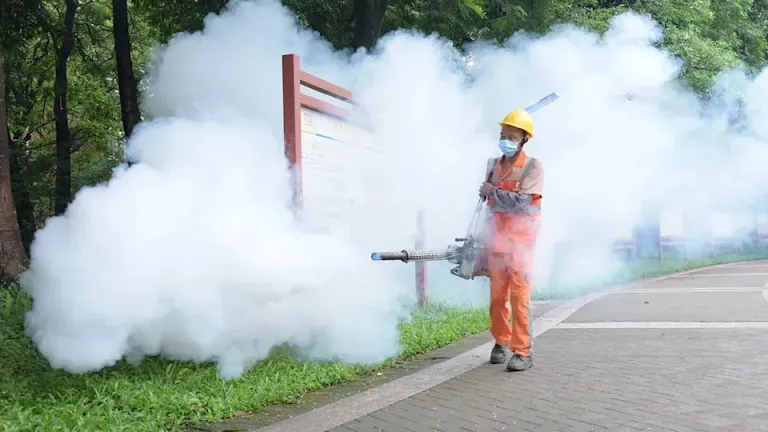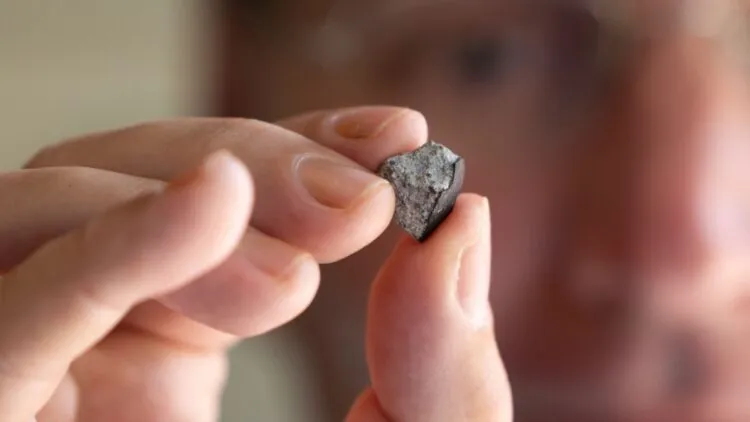China Launches Military-Style War Against Tiny Flying Menaces (And It’s Getting Serious)

Picture this: soldiers in hazmat suits marching through city streets, drones buzzing overhead like something out of a dystopian thriller, and residents facing fines big enough to buy a decent used car.
No, this isn’t Hollywood. It’s southern China in 2025, where authorities have declared all-out war on mosquitoes carrying the chikungunya virus—a tongue-twister of a disease with an impact that’s anything but funny.
Since June, more than 8,000 people have been infected in Guangdong province, prompting the government to dust off its toughest COVID-era playbook. This time, however, the enemy isn’t a pandemic spreading from person to person—it’s an insect no bigger than your thumbnail.
When Mosquitoes Become Public Enemy Number One
The epicenter of the outbreak is Foshan, a massive manufacturing hub better known for furniture and electronics. Now, its streets are crawling not just with factory workers but with military teams spraying insecticide, while community volunteers scour neighborhoods for stagnant water.
Think of it as the world’s most intense spring-cleaning campaign—with the stakes raised by a virus that can leave you curled up in pain.
And if you test positive? You’re whisked away to a mandatory hospital stay, confined under mosquito netting for seven days whether you like it or not. Sound familiar? Public health experts are calling this a COVID-style crackdown for a mosquito-borne threat.
The Virus With a Vicious Bite
“Chikungunya” comes from the Kimakonde language of Tanzania, roughly meaning “that which bends up.” The name reflects the disease’s signature agony: joint pain so intense victims hunch and twist, desperate for relief.
Symptoms include:
- Sudden high fever
- Severe joint pain (fingers to hips and knees)
- Muscle aches and headaches
- Fatigue, nausea, and skin rashes
Most recover in a week, but up to 30% suffer lingering joint pain that can last months—or even years. Imagine telling your boss your “mosquito bite” from summer is still wrecking your productivity six months later.
The culprits: Aedes aegypti and Aedes albopictus—aggressive, daylight-biting mosquitoes that thrive in cities and don’t care about your personal bubble.
Why This Outbreak Hit So Hard
Chikungunya is rare in China, so the population has little natural immunity. Combine that with monsoon floods leaving behind perfect breeding grounds, and suddenly puddles, buckets, and flowerpots turned into viral nurseries.
To make matters worse, the virus doesn’t respect borders. Taiwan has already reported its first imported case from Foshan. The U.S. CDC has issued travel advisories, and health agencies worldwide are watching closely.
Globally, 240,000 cases and 90 deaths have been recorded this year across 16 countries. While the virus rarely kills, its potential to cause long-term disability makes it a global public health headache.
Extreme Measures for Extreme Times
China’s crackdown is as aggressive as it is unusual:
- Fines of up to 10,000 RMB ($1,400) for residents caught storing water outdoors.
- House-to-house inspections to eliminate mosquito breeding grounds.
- Drone fogging missions targeting hotspots.
- Mandatory bed net usage in some areas.
It’s a campaign so sweeping that many compare it to the early days of COVID-19. The difference? This time, officials are targeting the vector, not the victims.
Signs of Hope
The good news: Chinese health officials report the outbreak has likely peaked, with cases now trending downward. Still, the crisis highlights a sobering truth—tiny creatures can unleash outsized chaos in our globalized world.
For the rest of us, the lesson is clear: swatting mosquitoes isn’t just about comfort. Sometimes, it’s about survival.
So the next time you hear that high-pitched buzz near your ear, remember the war being fought in southern China—and maybe keep that bug spray handy.






